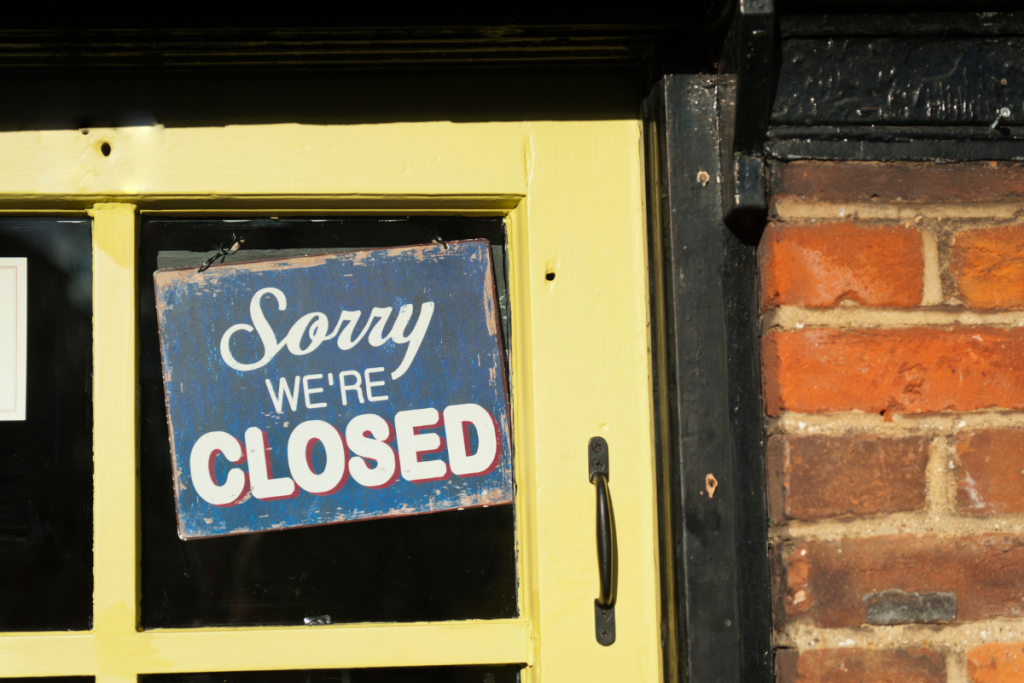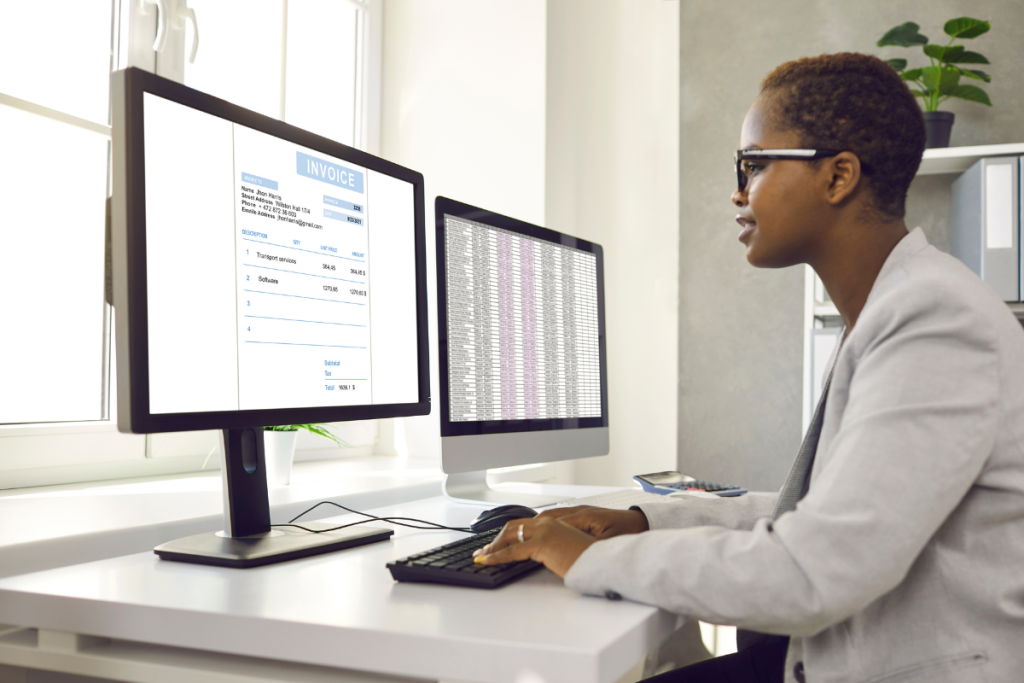Understanding how to determine the Self Assessment deadline of a business year is crucial for accurately filing tax returns. For 2023, the self-assessment deadline is 31st January 2023 and covers the financial period from 6th April 2021 to 5th April 2022. Similarly, the 2022/23 tax year has a self-assessment deadline of 31st January 2024.
It is important to note that filing for a self-assessment tax return after the annual deadline would incur a penalty. Keep reading this guide for more information about how to file self-assessment tax returns and the requirements to meet the annual deadline.
What Is Self Assessment?
Self Assessment is the process stipulated by the HM Revenue and Customs (HMRC) for businesses and individuals to calculate and submit their tax return documents for each financial year. Under the present regulations, a typical financial year runs from the 6th of April to the 5th of April the following year.
The deadline for such self-assessment tax return would be the 31st of January for the year that follows. For example, 31st January 2024 for a period that runs from April 6, 2022, to April 5, 2023.
What Income Does A Self Assessment Tax Return Cover?
Check out what types of income details are expected from a completed self-assessment tax return document.
- Employment including bonus payments and stock options
- Pension payments
- Income from rented-out property or leased infrastructures
- Savings, investments and dividends
- Trust funds and settlements
- Foreign incomes like oversees rental income or foreign pensions
- Capital gains tax on the sale of assets and shares
- Self-employed income from freelance or consultancy roles
Who Needs To Submit A Self Assessment Tax Return?
Every individual who makes income as a self-employed entrepreneur, business partner or from a rental property is required to submit a self-assessment tax return form. The completed form must include every income and financial detail that the business or individual is entitled to.
Generally, individuals and businesses with earnings above £50,000 per annum have to pay High Earner’s tax and file a self-assessment tax return. The same hold for businesses with profits that exceed £1,000.
Further Self Assessment Deadlines To Be Aware Of
Payment On Account Tax Deadline
There are periods when HMRC requests you make payment for taxes owed on the account for both the present and upcoming financial year. The deadline for these payment types is 31st July of that same year. You’d be required to pay the outstanding balance from self-assessment on the 31st of January following the end of that tax year.
Deadline For Registering For Self Assessment
This deadline is for businesses or individuals that have never submitted a self-assessment tax return before. There is a requirement by the HMRC for such companies or people to register their details before the 5th of October of that tax year. Early registration allows the HMRC to promptly send a Unique Taxpayer Reference (UTR) number and other documentation to become identified before filing self-assessment returns.
Paper Tax Return Deadline
Any business that opts for paper tax return over the online method must ensure adherence to the HMRC’s deadline of 31st October. Early submission is encouraged to allow enough time for the paperwork to get delivered before the final deadline. It also reduces the chances of delay from unexpected postage issues with sending the self-assessment tax returns.
Tax Return Deadline For Tax Collected Via PAYE
Every employee who gets taxed through the Pay As You Earn (PAYE) system is expected to submit a self-assessment tax return by the 31st January deadline for that tax year. For example, a person who earns through a PAYE job model during the 2021/22 tax year must complete and submit their self-assessment tax return by 31st January 2023.
How To Prepare For Filing Your Tax Return
Many business owners and self-employed individuals usually dread the tax return process because of how time-consuming it can be. Some others simply outsource the entire process to a trained accountant, especially for the more complex income details. However, proper guidance on how to prepare for filing a tax return can make a difference.
The process is made easier with detailed planning, understanding your tax obligations and how to extract the relevant financial information. Check out the following tips on how to prepare for filing your self-assessment tax returns.
Tips on preparing for filing your Self Assessment:
- Read the most recent guidance notes
- Gather all relevant documents and extract the useful records
- Accurately calculate the taxable profits
- Consider the use of online resources for proper estimation of tax liability
- Save in advance for taxes you think might be due
- Make payments on account as expected
- Ensure early submissions before stated deadlines
Guidance Notes
Do not start the self-assessment tax return process if you have not read the most recent tax return forms and guidance notes for that tax year. Otherwise, you might miss out on changes made from the previous year. It is also important to only fill those sections that are relevant to your business and helpful in gathering information before you start filing the returns.
Prepare Early
There is a saying that “failing to prepare is preparing to fail”. Cultivate the habit of properly recording details of your earnings and keep that record book up to date. In other words, file the paper or electronic receipts as they roll in on a weekly or monthly basis. It is much easier compared to having to file the tax return for an entire year.
Periodically documenting financial records also makes it easy to spot errors or account anomalies that would have gone unnoticed. Besides, there is a high chance that every taxpayer does not remember every transaction in detail. For example, differentiating whether an old purchase was personal or business-related six months after it occurred.
Gather Your Documents
The best way to gather documents before filing a self-assessment tax return is to do that throughout the year. Waiting until the deadline approaches only increases the stress and chances of overlooking important documents or making errors.
You can make use of a fire/damp-proof container to store the documents to ensure they remain in a good and readable condition. Important documents to gather include paper receipts, invoices, and bank statements. Electronic versions of these documents can also be kept in a separate folder on your computer or online storage device. Just ensure you have a backup storage location for electronic copies.
Check Taxable Profits
Taxable profits refer to all the income and expenses that are described under the HMRC regulations. However, calculating it and determining tax liability can be an issue for those who use the cash-basis accounting method or have a mix of self-employed and employed income. A fundamental step is to carefully check the HMRC policy online to clear doubts about your tax liability.
Online Resources For Calculations
The use of online resources to estimate the value of self-assessment tax returns is another effective strategy. While it helps those who do not completely understand how to calculate and file their taxes, it also provides an estimate for those who understand but do not have the time.
There are many accounting software with built-in features to track tax owed for every invoice sent and expense logged. There are also online tax calculators with guidance notes available online.
Save For Your Tax Bill
Saving for your tax bill is one simple but effective piece of advice that can prevent a situation where you struggle to remit taxes at the end of the financial year. A recommended approach is to save monthly until it is time to file self-assessment tax returns.
Payments On Account
Monitor and keep track of expected deadlines for payment on tax accounts. For instance, a business or individual with an expected tax return above £1,000 for that financial year might be required to pay twice on the account against the following year’s deadline. Having a good saving plan for taxes and using accounting software can ease the process.
Submit Before Deadline
Completing and submitting your self-assessment tax returns before the deadline should be an unwritten rule. Late submissions attract penalty fees from the HMRC. Hence, plan ahead and submit as early as possible to prevent missing the deadline due to unforeseen issues. We recommend businesses and individuals keep a copy of all filed tax returns for personal reference.
How Do I Submit A Self Assessment Tax Return?
There are different ways to submit a self-assessment tax return. You can either use the online HMRC website, or an accountant or submit via post. The preferred method does not matter as long as the submission is done before the deadline. In addition, double-check all calculations for accuracy and keep the following in mind:
- A government gateway login and unique taxpayer reference number is required if you choose to submit the self-assessment return online
- For submissions via post, ensure to fill out all appropriate forms and attach every necessary supporting document before sending them to the HMRC. Make considerations for postage delays by submitting ahead of the deadline.
What Are The Penalties For Late Filing?
The HMRC regulates the filing of self-assessment tax returns and assigns penalties and fees for defaulters or late submissions.
An example is the £100 fee for missing the deadline for filing tax returns even if the business or individual does not owe taxes. Additional lateness fees are subsequently imposed for every 3 months, 6 months and 12 months that you miss the deadline.
That is why we encourage planning throughout the month and ensuring all proper documentation is always ready and accessible. It helps with submitting tax returns before deadlines.
How Will Making Tax Digital Change My Tax Return?
The HMRX has developed an initiative termed the Making Tax Digital (MTD) system. It is an approach aimed at managing the way taxes are reported, especially for small business owners and the self-employed. With MTD, digital tax returns can be submitted quarterly on the HMRC portal.
The goal is to make the taxation process easier and more accurate since there is less need for paper forms and manual calculations. The rollout of the MTD initiative has started and is gradually introduced from April 2026 starting with taxpayers that earn above £50,000. The plan is to later enforce it for earners between £30,000 and £50,000. However, self-employed individuals who still earn under £30,000 can continue with self-assessment tax returns and might not switch yet.
However, it is not too early to start preparing your business that generates above £10,000 to comply with the MTD guidelines before it becomes fully enforced.
Benefits Of Self Assessment
Filing a self-assessment tax return has many benefits, especially how it helps with reviewing finances and confirming if there are any additional credits or deductions from taxable income.
Benefits Of Self Assessment Tax Returns:
- You can claim some deductions from the taxable income
- It is possible to reduce tax liability by offsetting losses against your other incomes
- You can attempt to reclaim overpaid taxes from the previous year
- A tax return summary is provided by the HMRC provided you are duly registered with them
- The self-assessment system allows the deferment of tax payments for up to two years
- The information on the self-assessment forms can improve your financial planning and investment decisions
- Self-assessment tax returns provide a clear overview of all taxable income for the financial year
Who Can Help With Self Assessment?
Consider employing the services of a qualified accountant if you need assistance with filing your tax returns and complete legal compliance. There is also sufficient information on the HMRC website for those who wish to do it themselves.
Summary
The self-assessment tax returns method and its different deadlines are a peculiar part of the UK taxation system. Every individual, business owner or investor who is liable to pay tax in the UK must comply with the regulated guidelines by the HMRC.
It is essential to understand the stipulated deadlines and promptly complete the self-assessment return to avoid paying lateness fees. You can easily submit before deadlines by properly keeping records of taxable incomes and financial documents throughout the year. Early planning also reduces the chances of errors when calculating tax returns.


















































































































































